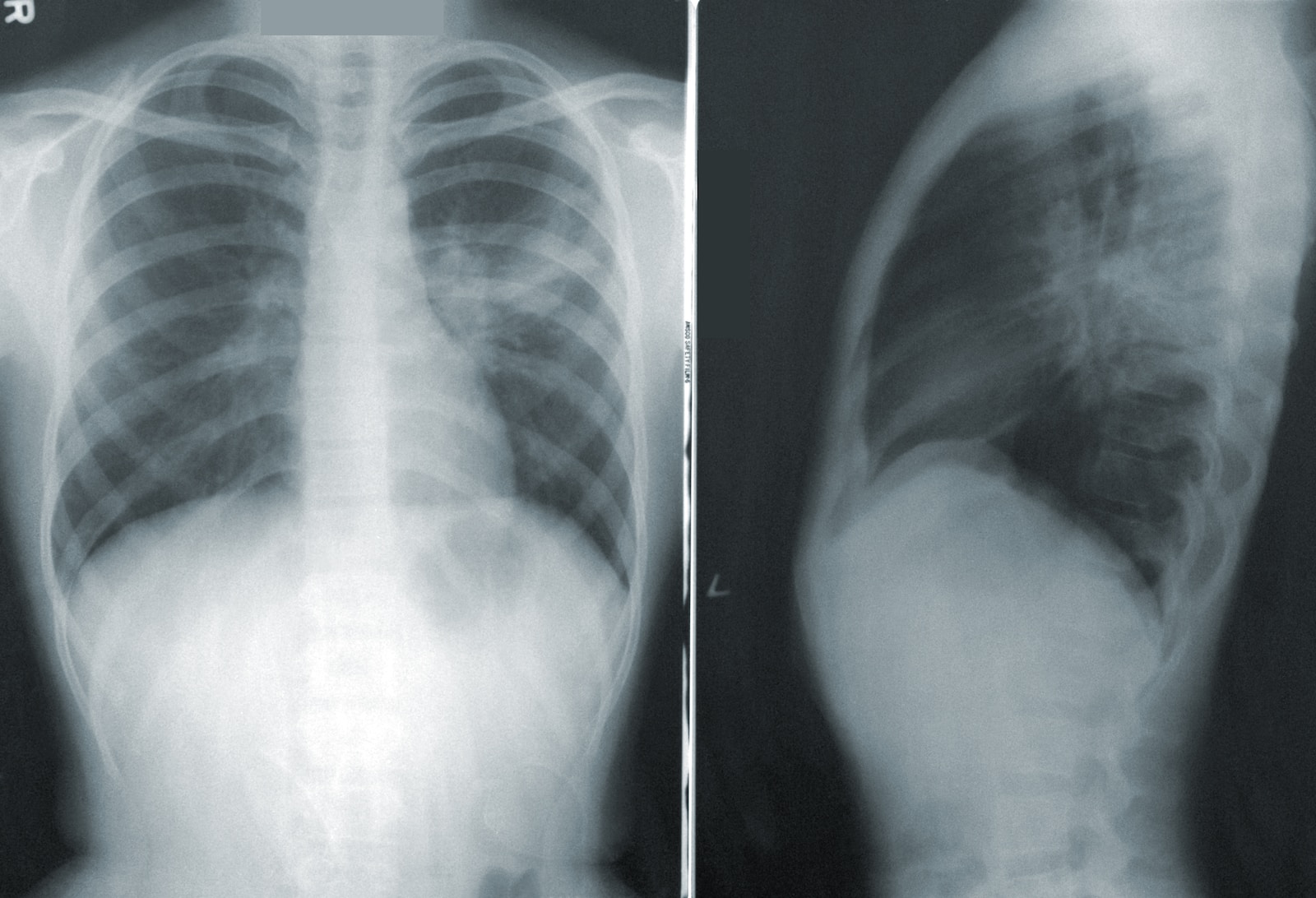Mesothelioma is a rare and aggressive form of cancer primarily associated with asbestos exposure. This disease predominantly affects the lining of the lungs (pleura), although it can also target the lining of the abdomen (peritoneum) or, more rarely, the heart (pericardium). Being diagnosed with mesothelioma can be a life-altering event, filled with uncertainty and fear. However, knowing the steps to take following a diagnosis can help manage the disease more effectively and potentially improve the quality of life. Here’s what you should do if you’ve been diagnosed with mesothelioma.
Seek a Second Opinion and Specialized Care
Due to the rarity and complexity of mesothelioma, getting a second opinion from a specialist who focuses on this type of cancer is crucial. These specialists are usually based at comprehensive cancer centers where they have access to the latest treatment technologies and clinical trials. Confirming your diagnosis and exploring different perspectives on the best treatment strategies can provide a clearer path forward.
Understand Your Treatment Options
Treatment for mesothelioma depends on several factors, including the stage of the disease, the specific location of the cancer, and your overall health. Common treatment options include:
- Surgery: To remove as much of the cancer as possible.
- Chemotherapy: To kill cancer cells or shrink tumors before surgery or to manage symptoms in later stages.
- Radiation Therapy: Often used alongside other treatments to control tumor growth or alleviate symptoms.
Emerging treatments like immunotherapy, gene therapy, and photodynamic therapy are also being studied and may be available through clinical trials. Discuss all possible treatment options with your oncology team to determine the most effective approach for your condition.
Consider Clinical Trials
Participating in clinical trials can provide access to cutting-edge treatments that are not yet widely available. These trials are crucial for advancing mesothelioma research and can potentially offer better outcomes. Your medical team can guide you on whether a clinical trial is suitable for you and what trials are available.
Manage Symptoms and Side Effects
Palliative care is an essential component of mesothelioma treatment, aiming to relieve symptoms and improve quality of life. This type of care helps manage pain, breathing difficulties, and other symptoms associated with the disease or its treatment. Integrating palliative care early in the treatment process can significantly enhance comfort and well-being.
Legal Considerations
Because mesothelioma is primarily linked to asbestos exposure, which may occur in workplaces, homes, or through products, it’s important to consider legal action to cover medical expenses, loss of income, and other related costs. Contacting an attorney who specializes in asbestos-related litigation, like Ward Black Law, can help you understand your rights and the possibility of obtaining compensation from former employers or asbestos product manufacturers.
Build a Support Network
Dealing with a mesothelioma diagnosis can be emotionally and physically draining. Building a robust support network of family, friends, healthcare providers, and support groups can provide the emotional and practical support needed. Many organizations and support groups offer resources specifically for mesothelioma patients and their families.
Plan for the Future
While planning for the future may be challenging, addressing practical considerations such as care needs, financial planning, and end-of-life care can reduce stress for you and your loved ones. Professional advice from financial planners, medical teams, and hospice care providers can help manage these aspects thoughtfully and respectfully.
A mesothelioma diagnosis brings many challenges, but with the right medical care, support, and information, you can navigate this difficult journey more effectively. Harnessing the expertise of specialists, exploring all treatment options, managing symptoms, and securing legal and emotional support are all critical steps that can help you maintain control over your health and future planning.


